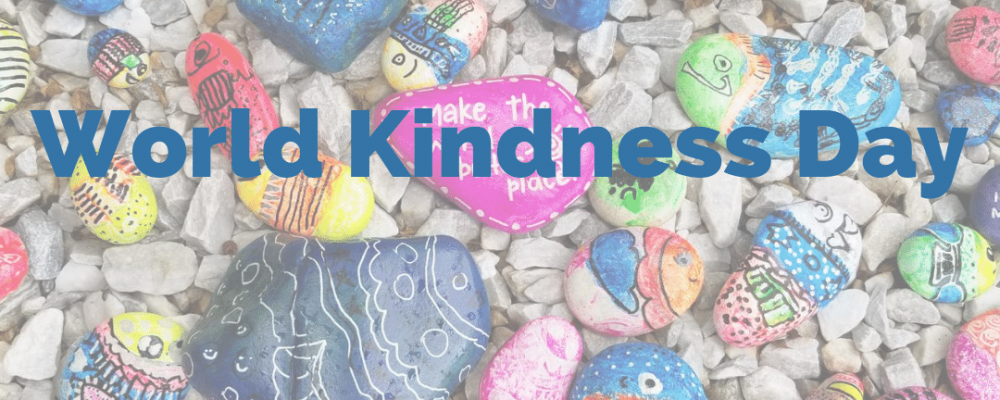A random act of kindness is when we go beyond our duty and reach out to help another person. In controlled studies, random acts of kindness have been proven to increase happiness and boost both physical and mental health (Boehm and Lyubomirsky, 2009).
Allan Luks (1991) in a classic study involving more than 3,000 people doing volunteer work, found a clear cause-and-effect relationship between helping and good health. He concluded that “helping contributes to the maintenance of good health, and it can diminish the effect of diseases and disorders serious and minor, psychological and physical.”
The volunteers in Luks’ study described feelings of euphoria, followed by a longer period of calm, after performing a kind act. This feeling, which Luks calls “helper’s high,” involves physical sensations that are associated with a sharp reduction in stress and the release of the body’s natural painkillers, the endorphins. This initial rush is then followed by a longer-lasting period of improved emotional well-being.
Interestingly, it is not the frequency of these acts which is critical – but rather the variety or range of kind acts that influences the extent to which people become happier. Engaging in acts of kindness boosts self-esteem, and positive feelings towards others and the community at large. Engaging in a variety of random acts of kindness on one day per week increases happiness most effectively. As part of a class activity you might have the class engage in random acts of kindness one day per week.
This article gives 100 acts of kindness for kids, which may inspire your own classroom.
There are also lots of great ideas and resources on www.kindnessuk.com.
If you would like to learn more about positive psychology, our CPD courses have four terms each year, Spring, May/June, Summer & Autumn. Find out more here.





Dear Dr. Deirdre Maclntyre,
Greetings from Shomman Foundation.
I have been doing research related to kindness and its effects on the body and the role/contribution of kindest people in this world/surrounding.
I realize, my study follows your theory of ‘Kindness’ and the philosophies you are practicing.
If you allow me, I would like to share my concept Research/study paper with you/your team. Meanwhile, you can visit my organization’s website – http://www.shomman.org.
Thanks for your time and consideration.
Have a kind day.
Dr. Rubaiul Murshed
Author & Professor, Public Health & Health Care Management
Founder Chairperson, Shomman Foundation
Researcher & Activist, Gratitude, Forgiveness & Kindness (GFK)
http://www.shomman.org